NLNG 2025 The Nigeria Prize For Science Ends Without A Declared Winner
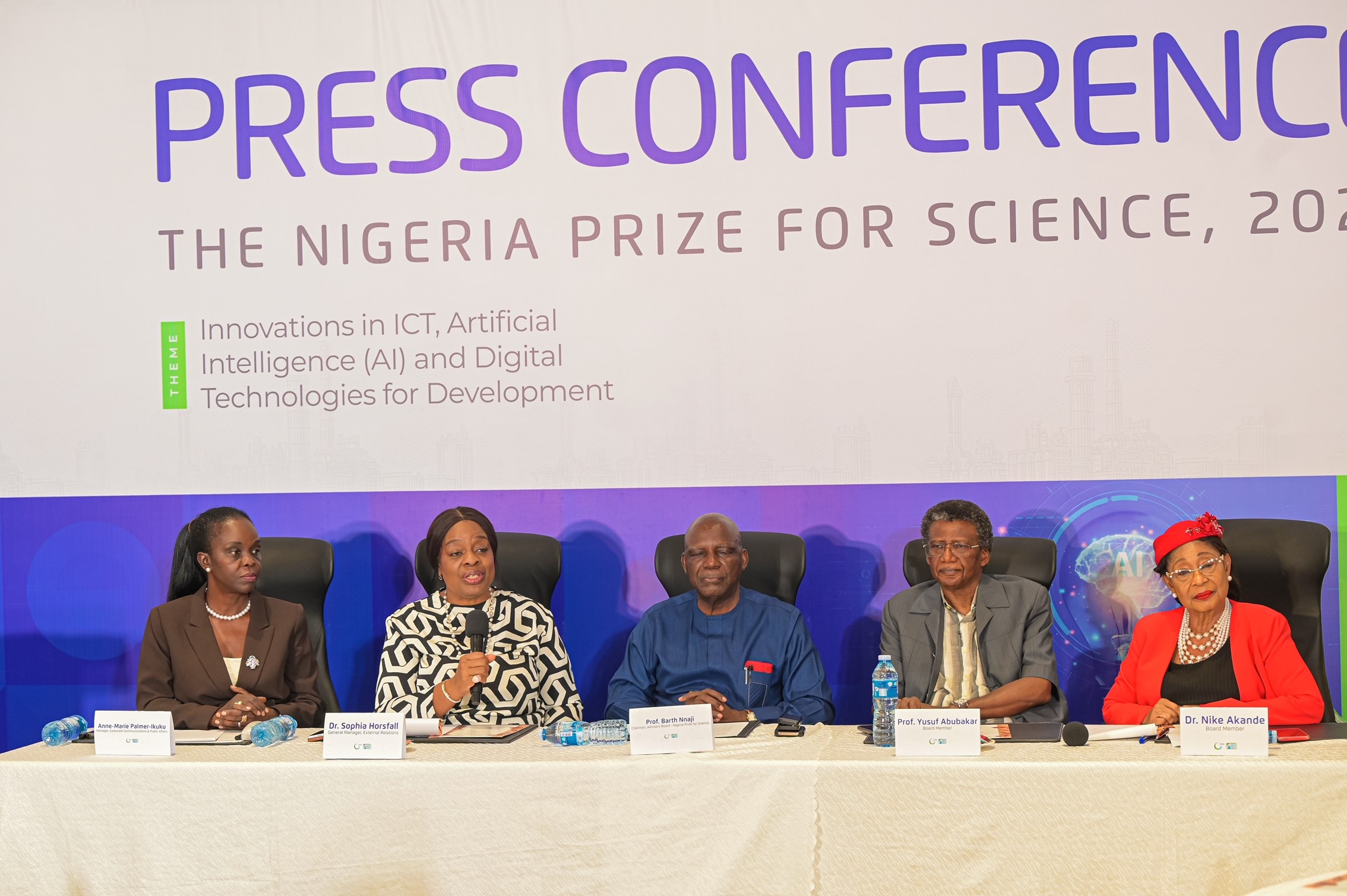


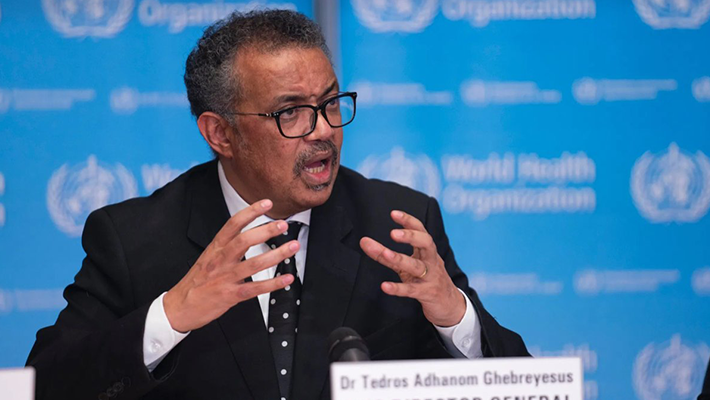
By Winifred Bosa
The World Health Organization (WHO) has released its second Global hypertension report, showing that 1.4 billion people lived with hypertension in 2024, yet just over one in five have it under control either through medication or addressing modifiable health risks.
The new report – released at an event co-hosted by WHO, Bloomberg Philanthropies, and Resolve to Save Lives during the 80th United Nations General Assembly – also reveals that only 28% of low-income countries report that all WHO-recommended hypertension medicines are generally available in pharmacies or primary care facilities.
Hypertension is a leading cause of heart attack, stroke, chronic kidney disease, and dementia. It is both preventable and treatable – but without urgent action, millions of people will continue to die prematurely, and countries will face mounting economic losses. From 2011 to 2025, cardiovascular diseases–including hypertension–are projected to cost low- and middle-income countries approximately US$ 3.7 trillion, equivalent to around 2% of their combined GDP.
“Every hour, over 1 000 lives are lost to strokes and heart attacks from high blood pressure, and most of these deaths are preventable,” said Dr. Tedros Adhanom Ghebreyesus, WHO Director-General. “Countries have the tools to change this narrative. With political will, ongoing investment, and reforms to embed hypertension control in health services, we can save millions and ensure universal health coverage for all.”
“Uncontrolled high blood pressure claims more than 10 million lives every year, despite being both preventable and treatable. Countries that integrate hypertension care into universal health coverage and primary care are making real progress, but too many low- and middle-income countries are still left behind,” said Dr Kelly Henning, who leads the Bloomberg Philanthropies Public Health Program. “Strong policies that raise awareness and expand access to treatment are critical to reducing cardiovascular disease and preventable deaths.”
Persistent barriers
Analysis of data from 195 countries and territories shows that 99 of them have national hypertension control rates below 20%. The majority of the affected people live in low- and middle-income countries, where health systems face resource constraints.
The report highlights major gaps in hypertension prevention, diagnosis, treatment, and long-term care. Key barriers include weak health promotion policies (on risk factors such as alcohol, tobacco use, physical inactivity, salt, and trans fats), limited access to validated blood pressure devices, lack of standardized treatment protocols and trained primary care teams, unreliable supply chains and costly medicines, inadequate financial protection for patients, and insufficient information systems to monitor trends.
Access to medicines: a cornerstone of progress
Blood pressure medication is one of the most cost-effective public health tools. Yet only 7 out of 25 (28%) of low-income countries report general availability of all WHO-recommended medicines, compared to 93% of high-income countries. The report explores the barriers and strategies for improving access to hypertension medication through better regulatory systems, pricing and reimbursement, procurement and supply chain management, and improved prescribing and dispensing of these medicines.
“Safe, effective, low-cost medicines to control blood pressure exist, but far too many people can’t get them,” said Dr Tom Frieden, President & CEO, Resolve to Save Lives. “Closing that gap will save lives — and save billions of dollars every year.”
Country-level progress
Despite barriers, progress is possible. Bangladesh, the Philippines, and South Korea have made significant progress by integrating hypertension care into universal health coverage (UHC), investing in primary care, and engaging communities:
Bangladesh increased hypertension control from 15% to 56% in some regions between 2019 and 2025 through embedding hypertension treatment services in its essential health service package and strengthening screening and follow-up care.
The Philippines has effectively incorporated the WHO’s HEARTS technical package into community-level services nationwide.
South Korea has integrated health reforms, including low costs for antihypertensive medications and limiting patient fees, which have resulted in a high rate of blood pressure control nationally: 59% in 2022.
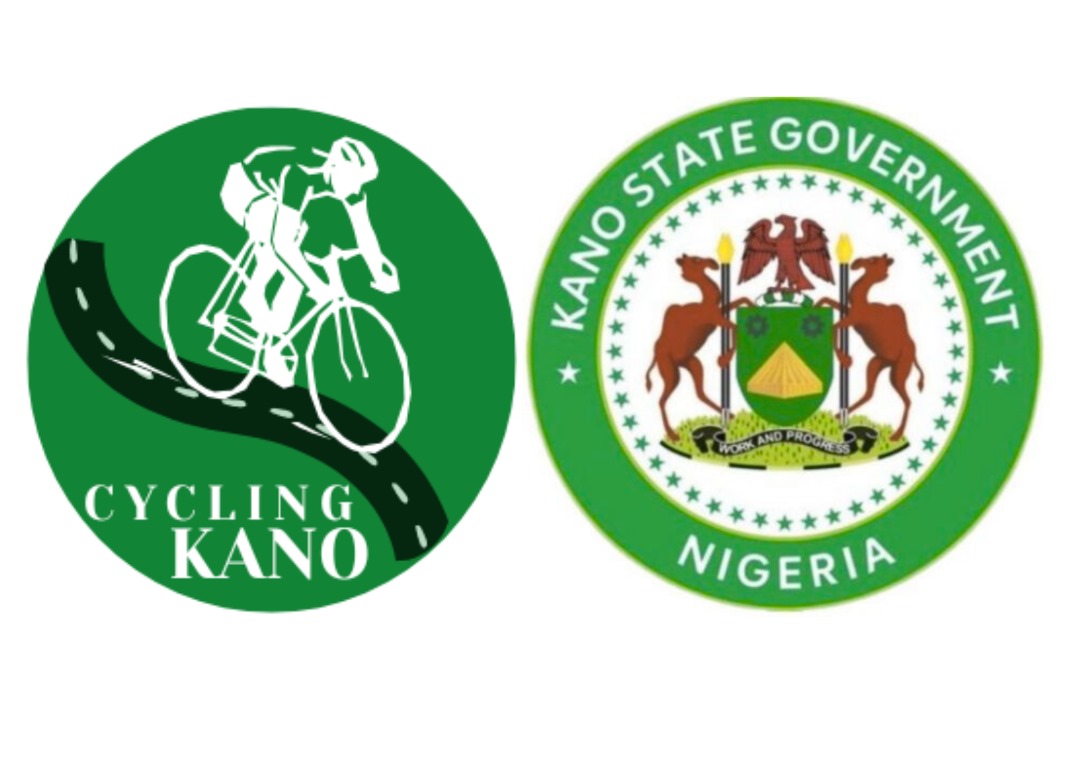 By Winifred Bosa
By Winifred Bosa
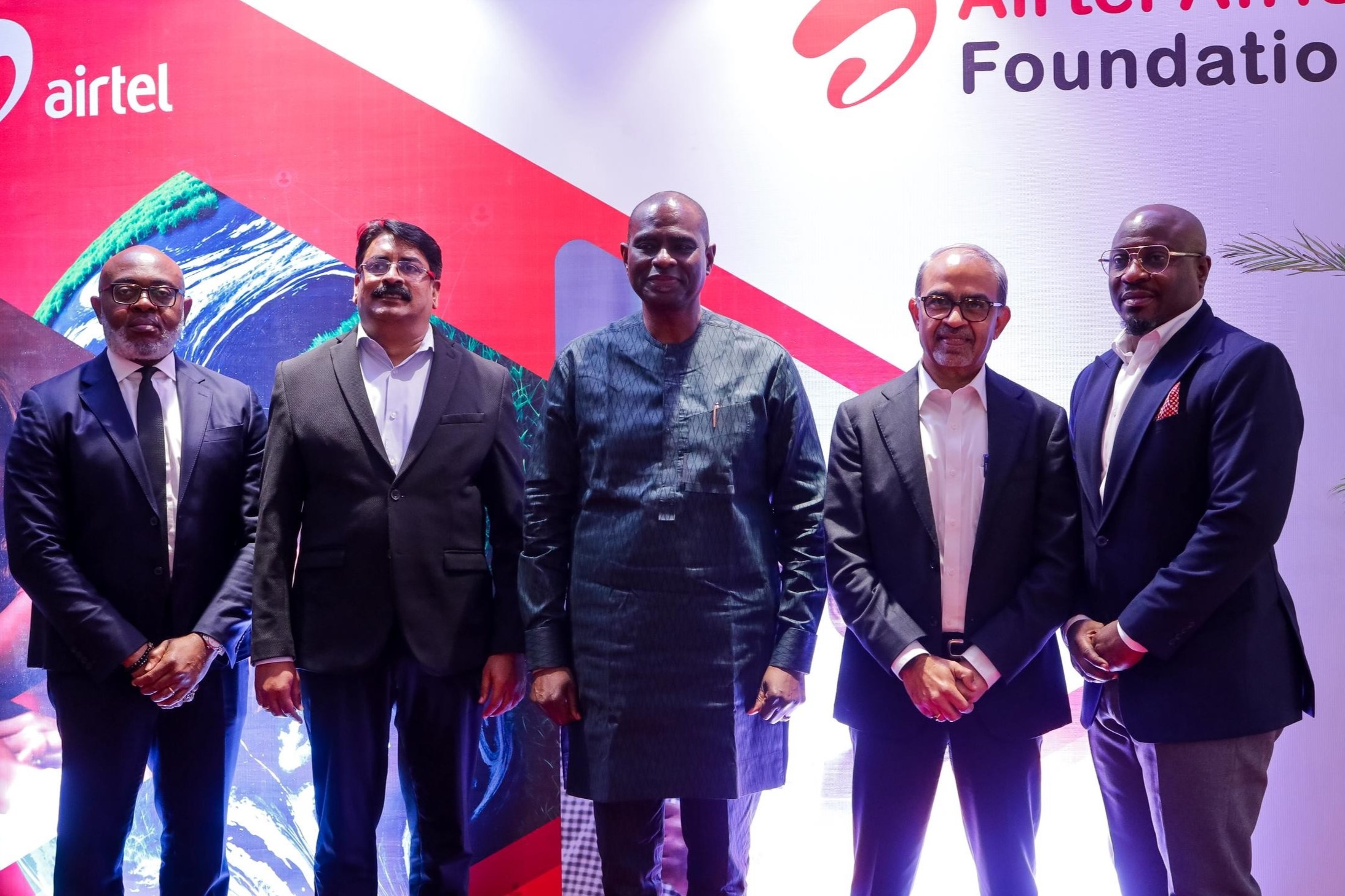
By Winifred Bosa
 By Winifred Bosa
By Winifred Bosa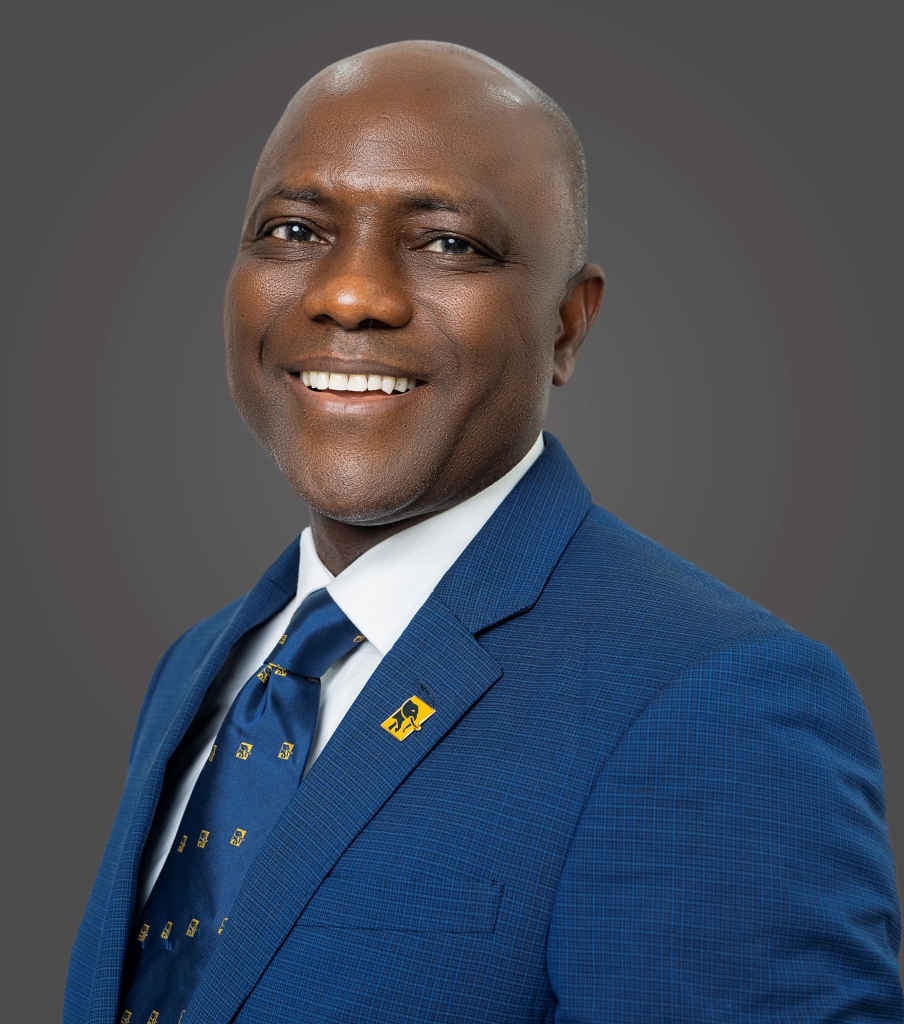 By Winifred Bosa
By Winifred Bosa
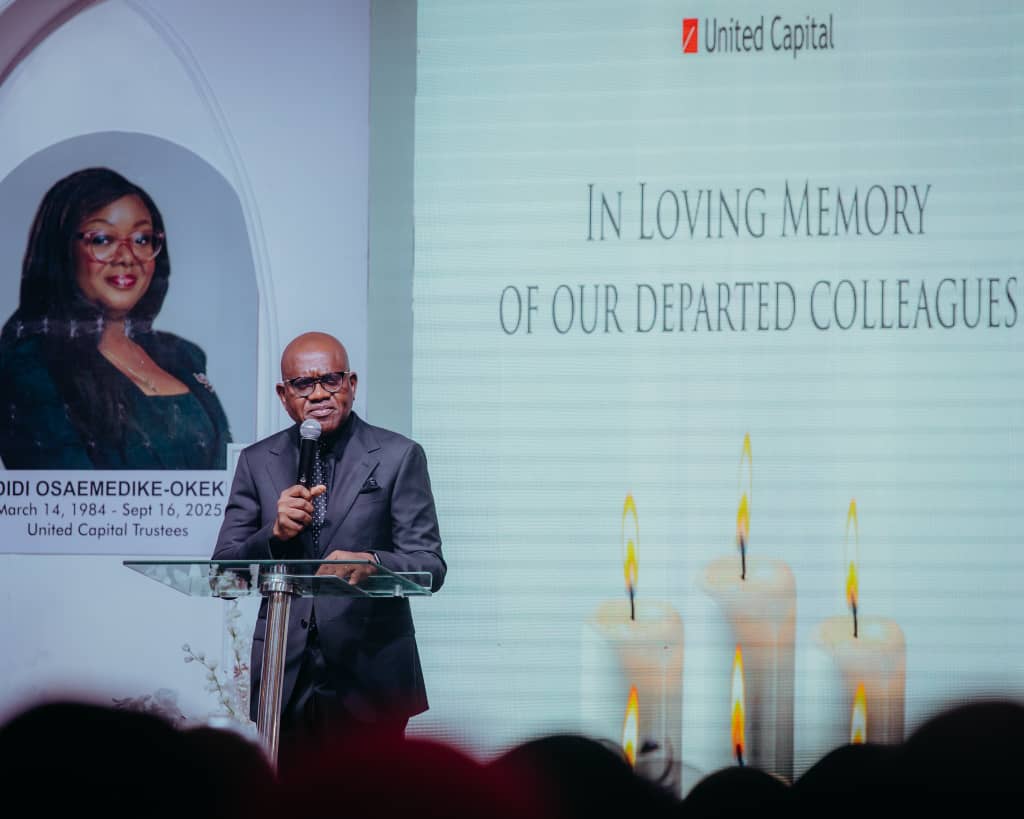
Yesterday, United Capital Group held a solemn and befitting memorial service in honour of six colleagues who tragically lost their lives on Tuesday, September 16, 2025, following a fire incident at Afriland Towers, the company’s Lagos headquarters.
The service, held at Harbour Point, Victoria Island, Lagos, brought the capital market to a standstill as regulators, industry leaders, clients, partners, and the wider business community gathered in solidarity to commiserate with the organization, alongside the families and loved ones of the departed. It was also streamed live for well-wishers outside the country, while additional viewing centres were set up in Abuja and Port Harcourt, where the Group is also domiciled, allowing more colleagues to pay their respects.
The memorial opened with a heartfelt address from the Group CEO, Peter Ashade, who led the gathering in a moment of silence before delivering a moving tribute. In his remarks, he reflected on the weight of the loss, shared personal recollections of each of the deceased, and offered words of encouragement to grieving families and loved ones.
This was followed by Tony Elumelu, CFR, Chairman of Heirs Holdings, who spoke with visible emotion as he extended his deep condolences to the families, reaffirming the unity and resilience of the United Capital and Heirs Holdings family in mourning.
The service featured deeply moving tributes from family members, friends, and colleagues, capturing the lives and legacies of the departed. It concluded with a word of encouragement from Pastor Ituah Ighodalo, whose message provided hope and consolation, followed by a stirring rendition from renowned singer Timi Dakolo, which left the entire hall in solemn reflection.
Guests described the ceremony as a respectful and dignified occasion, befitting of the memory of the departed colleagues. United Capital Group noted that while the pain of their passing remains profound, their memories, impact, and contributions will live on in the hearts of all who knew them.